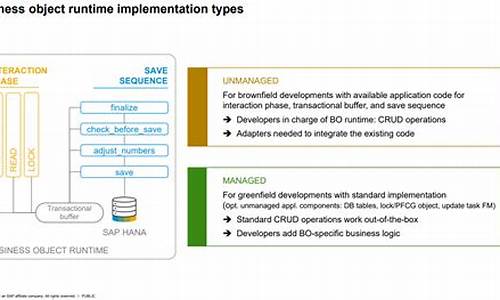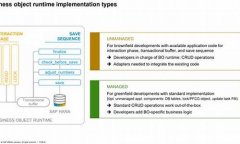How RPA Boosts the Competitive Advantage of Companies
In today's fast-paced business environment, companies are constantly searching for innovative ways to improve efficiency and stay ahead of the competition. One such solution gaining significant traction is Robotic Process Automation (RPA). RPA refers to the use of software robots or "bots" to automate repetitive tasks, improving productivity and reducing human error. By adopting RPA, companies can streamline operations, enhance customer experience, and boost their competitive advantage. This article explores how RPA can help companies gain a competitive edge in their respective industries.
Increased Operational Efficiency
One of the primary benefits of RPA is its ability to automate time-consuming, repetitive tasks. Tasks such as data entry, invoice processing, and report generation can be handled by bots, freeing up employees to focus on more strategic and creative tasks. This increased efficiency not only saves time but also reduces operational costs, making companies more competitive in the market.
Improved Accuracy and Reduced Errors
Human error is a common challenge in manual processes, which can lead to costly mistakes and delays. RPA helps eliminate these errors by performing tasks with precision and consistency. By relying on bots to handle routine tasks, companies can ensure greater accuracy in their operations, leading to improved customer satisfaction and fewer costly mistakes.
Enhanced Customer Experience
With RPA, companies can provide quicker response times and more personalized services. Bots can handle customer queries, process orders, and resolve issues faster than human employees, ensuring that customers receive prompt and efficient service. This enhanced customer experience can strengthen customer loyalty and differentiate a company from its competitors.

Scalability and Flexibility
RPA provides companies with the flexibility to scale their operations without having to hire additional staff. As demand increases, businesses can deploy more bots to handle higher workloads. This scalability allows companies to adapt quickly to changes in the market and maintain a competitive edge.
Conclusion
In conclusion, RPA offers numerous benefits that can significantly boost a company's competitive advantage. From increased efficiency and reduced errors to improved customer experience and scalability, RPA is a powerful tool that can transform business operations. By embracing RPA, companies can stay ahead of the competition and continue to thrive in a dynamic business environment.

 企业平台
企业平台 发现评估
发现评估 自动化
自动化 行业解决方案
行业解决方案 业务解决方案
业务解决方案 合作伙伴
合作伙伴 生态联盟
生态联盟 咨询服务
咨询服务 培训服务
培训服务 交流社区
交流社区 客户成功
客户成功 产品文档
产品文档
 公司介绍
公司介绍 新闻列表
新闻列表 联系我们
联系我们 加入我们
加入我们

